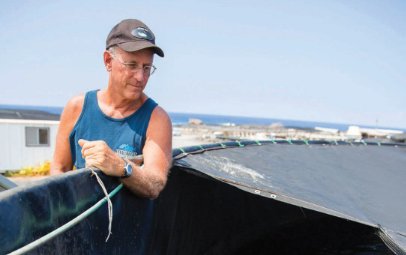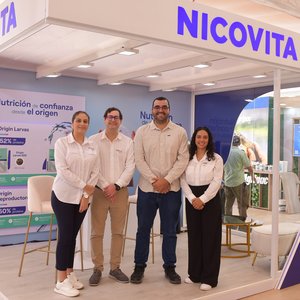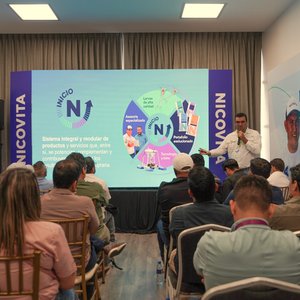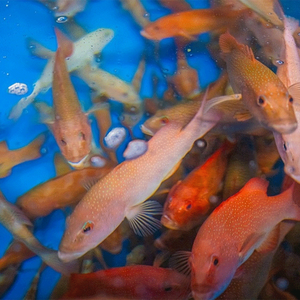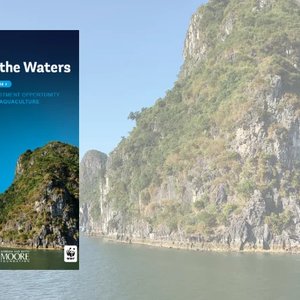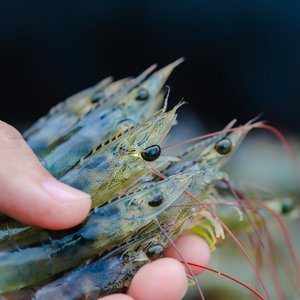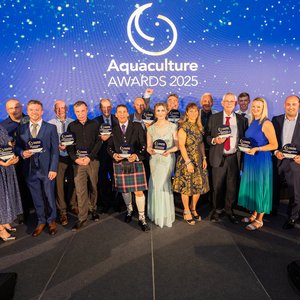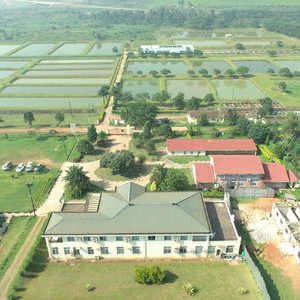Syd Kraul, president of Pacific Planktonics Inc. and a pioneer in marine finfish aquaculture in Hawaii, passed away on December 23, 2019 at his home in Kailua Kona. John Corbin, secretary of Hawaii Aquaculture and Aquaponics Association paid tribute to Syd for his many contributions to marine reef fish and food fish aquaculture over a career that spanned over 40 years:
Kraul began in the early 70’s raising oysters and shrimp while working at the Oceanic Institute (OI), but moved on to marine finfish in 1979. In 1981, he joined the Waikiki Aquarium as an aquarist and fish culturist and lead a project to culture the popular food fish mahi mahi. In 2005, he started Pacific Planktonics Inc., located in Kailua Kona at the Natural Energy Laboratory of Hawaii Authority (NELHA). He built a hatchery research facility consisting of 35 tanks on half an acre of lease land and continued research and culture of high demand reef species with grant from the U.S. Department of Agriculture, as well as attempting deep water snapper, moi (Pacific threadfin) and yellowfin tuna.
He also collaborated with Hawaii Oceanic Technology that was breaking new ground and pursuing an offshore lease for net pen culture of tuna and with Kampachi Farms, another NELHA-based research and commercial development company, with a track record in growing and marketing Kampachi (amberjack) and doing research on a few other promising species as nenue (rudderfish).
Kraul was a pioneer in the emerging field of marine finfish aquaculture. His accomplishments are many and his knowledge of larval rearing of Hawaii’s reef fish species was unmatched. Pacific Planktonics had an international reputation among marine aquarium enthusiasts, as well as public aquariums that wish to source their display animals by aquaculture.


